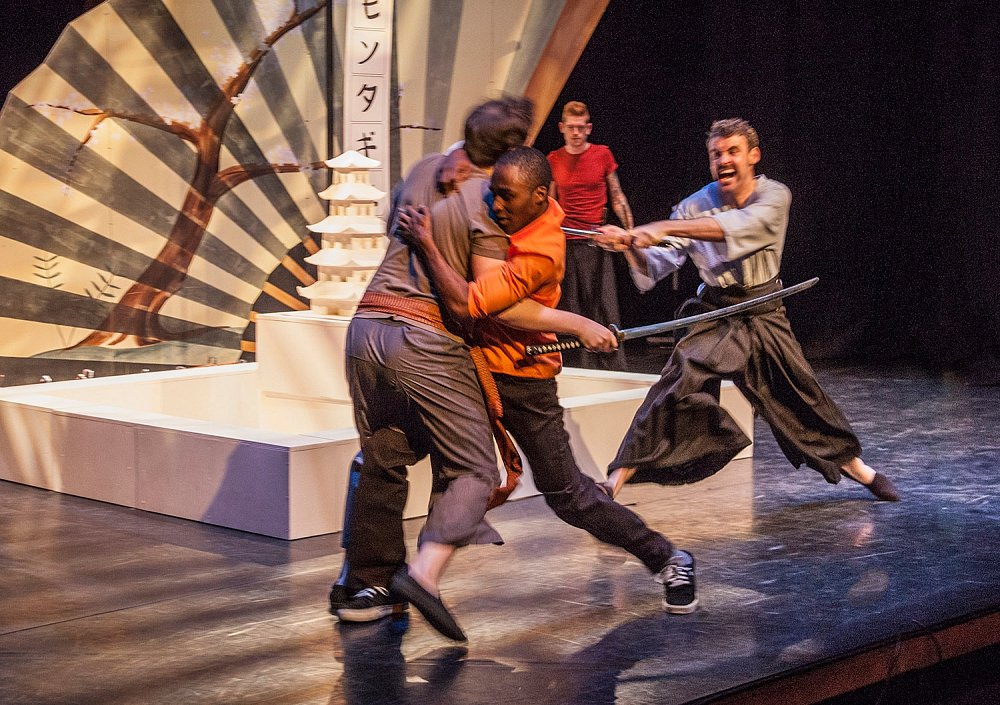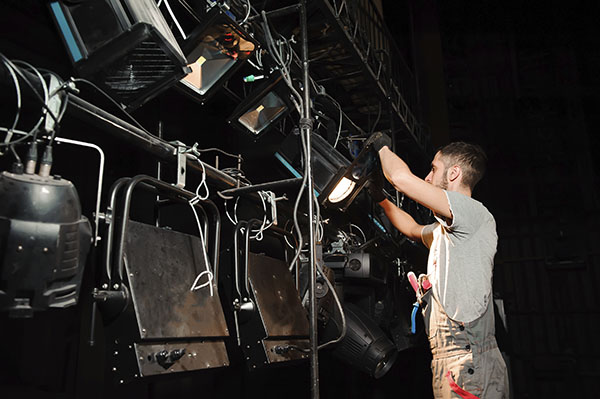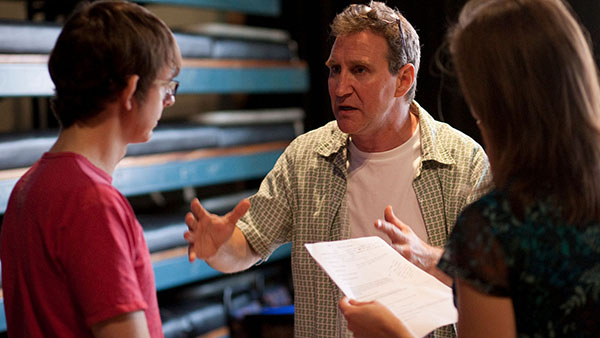Labour and the arts. So, what’s next?
13th July 2024With Labour now in power, what does this mean for the arts? We’ve been waiting for change and much-needed support for some time. Do we have it now?
Optimistically entitled, ‘Change’, the Labour Party Manifesto states: ‘the arts and music will no longer be the preserve of a privileged few. Culture is an essential part of supporting children and young people to develop creativity and find their voice. There is huge potential for growth in the creative industries that benefit every corner of the UK.’

Along with Labour’s Plan for the Arts, Culture and Creative Industries - ‘Creating Growth', both are very interesting reads with plans and proposals that look very good on paper but let's see how, when and if they are put into action.
With a new government that appears to have the arts firmly on the agenda, it gives us the opportunity to shout even louder for the vital investment and support our industry needs to grow and flourish.
Hopefully, the new secretary of state for Culture, Media and Sport, Lisa Nandy, will listen. Of her new appointment she says: "As Culture Secretary, I will do everything I can to harness the limitless potential of the extraordinary people in these amazing sectors to drive economic growth, unlock opportunities for everyone and change lives for the better."
Even though she doesn’t have an arts and culture background, I’m hopeful she’ll do a better job than the other 12 culture ministers did over the last 13 years!

It’s a real shame Thangam Debbonaire lost her seat. I heard her speak at The Stage – Future of Theatre conference earlier this year with such passion, commitment and pride for our industry. Did you know she is a classically trained cellist who previously played with Royal Liverpool Philharmonic Orchestra?
She was very clear that Labour is committed to keeping arts at the top of the agenda, prepared to rebuild the damage caused to the industry over the last two terms, prioritise creative support and funding, ensure access to the arts for all and committed to giving young people exposure to the arts.
Yes, it is just words, but their plans show insight and knowledge of the industry with a positive energy that wants to make change happen.
 The Labour manifesto has been endorsed by actor Imelda Staunton CBE who says: “I welcome Labour’s proposals set out by Keir Starmer to broaden opportunity and make sure all young people have access to the arts. Opening up access to creativity in our schools is critical, not just so that our children have a better chance at a career in the arts, but because access is what will fuel growth in the creative industries — one of the most important sectors for the future of the economy — creating good jobs in all corners of the country.”
The Labour manifesto has been endorsed by actor Imelda Staunton CBE who says: “I welcome Labour’s proposals set out by Keir Starmer to broaden opportunity and make sure all young people have access to the arts. Opening up access to creativity in our schools is critical, not just so that our children have a better chance at a career in the arts, but because access is what will fuel growth in the creative industries — one of the most important sectors for the future of the economy — creating good jobs in all corners of the country.”
All points I completely agree on.
The top three points that I’d like to see Labour turnaround are:
Making the arts accessible to young people
Making the arts accessible to children from a young age is paramount. The Conservatives had no strategy for the arts. They made catastrophic errors when cutting arts funding at schools, colleges and universities and planning to make maths compulsory until the age of 18!

We want to see drama back in classrooms. Having access to the arts is vital to us all. It enriches our lives, brings creativity into all we do, adds value and contributes to our learning. It’s a medium for expression, which everyone is entitled to.
Not everyone learns through traditional subjects or teaching methods, many excel through drama and music. We need to ensure that everyone has the opportunity to experience the arts and thrive within it.

Supporting freelancers
Freelancers are the backbone of our industry. These incredible people have been unfairly treated for many years and are at breaking point. Something needs to change.
Every individual needs to be treated fairly and given the support, tools and security to empower them to succeed within the arts. If we don’t start taking this seriously, the industry won’t survive.
Local funding
Our communities are already suffering through a lack of funding from our local authorities.
With increased funding, we and other local theatre companies, playwrights, producers and more will be able to bring the stories that need to be told to local stages. Theatre is best when it’s diverse - real stories from real people with voices that need to be heard.

Theatre and the arts bring so much value to our local areas, we must fight for funding.
It’s still very early days but I’ll be watching with great interest to see what this government does to support our industry for the better. The arts have suffered enough – let’s hope Labour keeps to their word and puts the arts at the top of their agenda.
Now the hard work really begins.